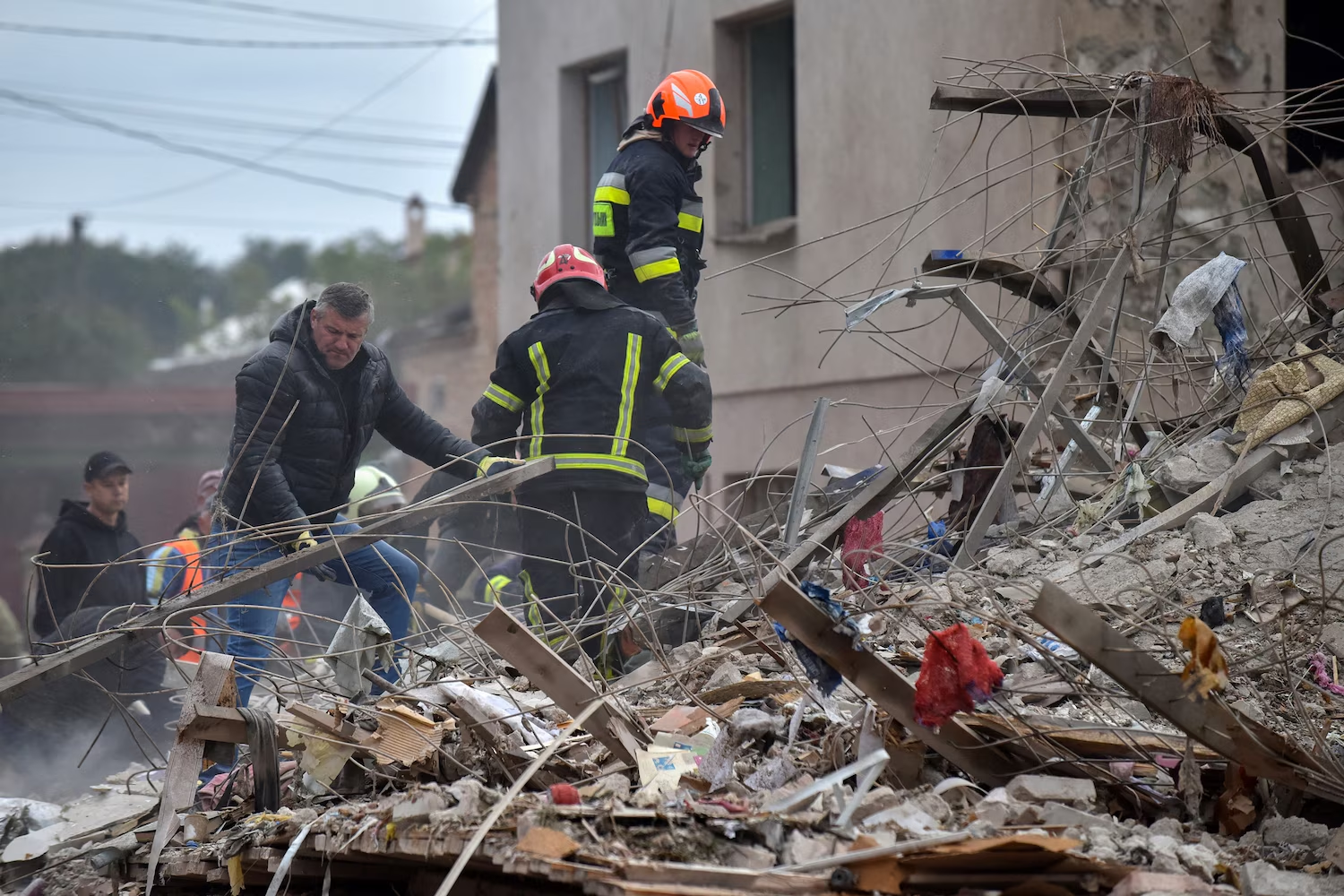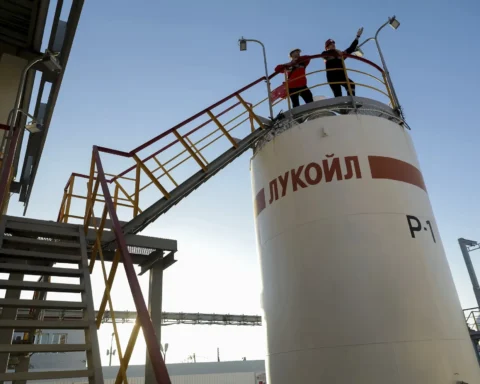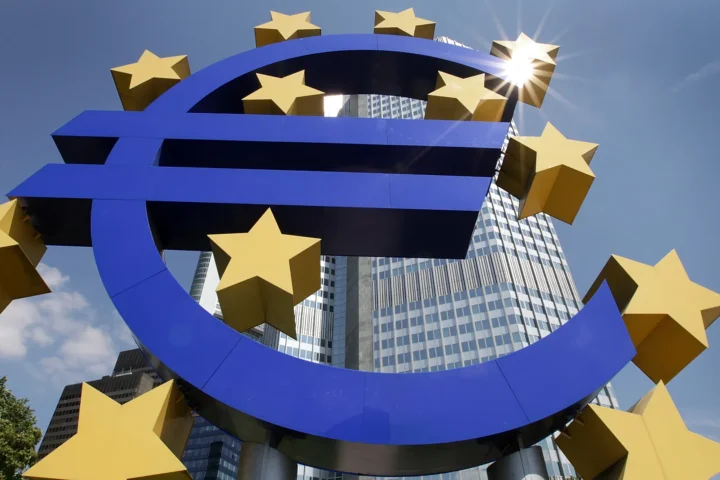A wave of extreme heat has swept across Southern Europe this week, intensifying pressure on public infrastructure, agriculture, and emergency services, while prompting heightened wildfire warnings across multiple countries. From Spain to Greece, meteorological agencies are reporting record-breaking temperatures as climate volatility continues to challenge regional stability.
The persistent heat dome, driven by warm air masses from North Africa and a stagnant high-pressure system over the Mediterranean, has pushed daytime temperatures above 45°C (113°F) in parts of Spain, Italy, Greece, and southern France. Authorities have issued red alerts in several regions, warning residents of health hazards, water shortages, and rapidly increasing wildfire risk.
Heatwave Intensity and Duration Raise Alarm
According to the European Meteorological Agency (EMA), this is one of the most prolonged and intense heatwavesrecorded in the region in over a decade. The current heat spell, which began mid-June, is expected to persist well into early July, with no significant cooling trend forecasted in the short term.
“We are witnessing climate extremes that were once considered rare,” said Dr. Eleni Papadopoulos, senior climate analyst at the EMA. “The duration and severity of this heatwave are clear indicators of systemic climate change impacts now unfolding at a regional scale.”
Public Health and Infrastructure Under Strain
Hospitals in several southern cities have reported spikes in heat-related illnesses, including dehydration, respiratory distress, and heatstroke. In Rome, emergency services responded to a 40% increase in ambulance calls in the past five days alone.
Local governments have activated extreme weather protocols, including:
- Opening cooling centers for the elderly and vulnerable populations
- Imposing work-hour restrictions for outdoor laborers
- Increasing air quality monitoring due to rising ozone and particulate matter levels
The European Centre for Disease Prevention and Control (ECDC) has advised citizens to avoid non-essential travel during peak heat hours and to remain hydrated, particularly children, seniors, and individuals with pre-existing health conditions.
Wildfire Threat Intensifies Across the Mediterranean
As ground temperatures rise and soil moisture levels drop to critically low thresholds, the potential for wildfires has surged. Forestry and civil protection agencies across Greece, Portugal, and southern Italy are on high alert, reinforcing patrols and aerial surveillance in high-risk zones.
In Catalonia, Spain, fire risk has been classified as “extreme” in nearly 80% of the region. Fire bans are in effect, and hiking trails in vulnerable areas have been temporarily closed to prevent accidental ignitions.
“All it takes is a spark,” said Miguel Ferrero, regional fire chief in Andalusia. “Under these dry and windy conditions, fires can erupt and spread within minutes—surpassing containment thresholds rapidly.”
Authorities have also urged tourists and residents alike to abide strictly by fire safety protocols, particularly during the ongoing holiday season, when rural tourism increases foot traffic in forested regions.
Agricultural and Economic Impacts Loom
The extended heat is expected to take a severe toll on agriculture, with early reports indicating stress on olive groves, vineyards, and cereal crops. Farmers in Tuscany and central Greece have reported up to 30% crop loss projections if current conditions persist through July.
Water usage restrictions are also being considered in drought-prone areas, especially those reliant on seasonal reservoirs. Urban utilities in southern Spain and Sicily have already begun rationing irrigation and reviewing contingency plans for water distribution.
Insurance companies are bracing for an uptick in climate-related claims, and tourism operators are reporting last-minute cancellations as travelers respond to health warnings and closed attractions.
A Broader Climate Context
This latest heatwave is part of a larger trend of intensifying extreme weather events across Europe, consistent with climate model projections. Scientists warn that without accelerated global emissions reductions and regional adaptation strategies, such conditions will become increasingly frequent and severe.
“Southern Europe is now a frontline region for climate resilience,” said Dr. Claudia Messner of the European Climate Policy Institute. “We need urgent coordination at the EU level to fund infrastructure adaptation, reinforce emergency systems, and protect ecological assets.”
Conclusion
As Southern Europe enters the peak of the summer season, the current heatwave is a stark reminder of the tangible and growing risks posed by a changing climate. With public health, environmental safety, and economic stability all under strain, the response from governments, businesses, and communities will play a decisive role in shaping the region’s resilience to future climate shocks.
Stakeholders are urged to stay updated through national meteorological services and follow all safety guidelines issued by local authorities.






















